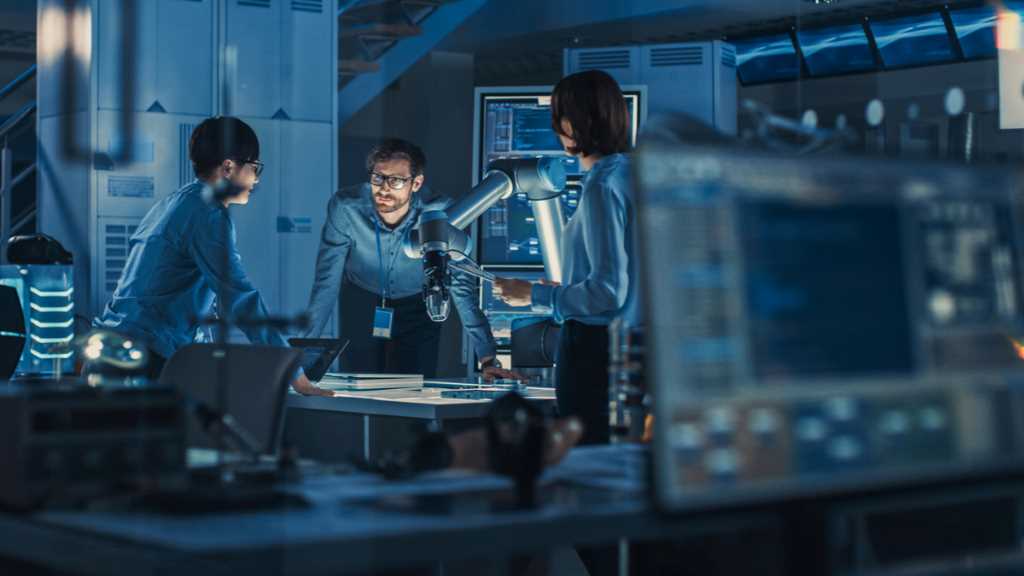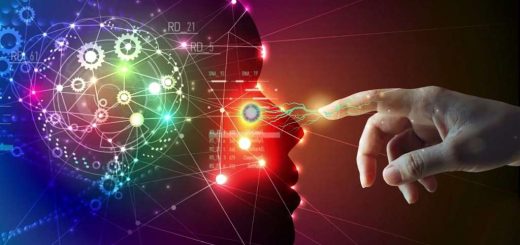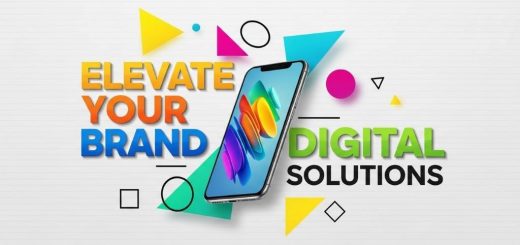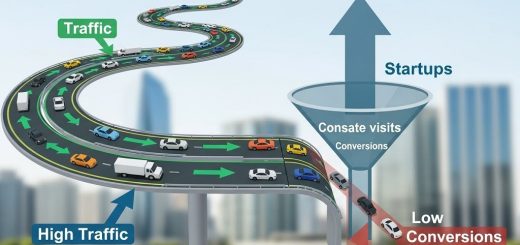AI in the Workplace: A Revolution in Efficiency
Artificial Intelligence (AI) is no longer a futuristic concept confined to science fiction; it’s a reality transforming various aspects of our lives, including how we work. From automating repetitive tasks to enhancing decision-making, AI’s potential to improve workplace efficiency is immense. This article explores the different ways AI is reshaping the modern workplace and the benefits of AI in workplace brings to organizations and employees.
The Rise of AI in the Workplace
AI’s adoption in the workplace is rapidly increasing as businesses seek ways to optimize processes, reduce costs, and enhance productivity. According to a recent survey, 86% of CEOs believe that AI will be a mainstream technology in their offices within the next five years. This widespread adoption is fueled by advancements in machine learning, natural language processing, and data analytics, making AI solutions more accessible and affordable than ever before. As AI continues to change the world of work, many experts predict that its impact will extend far beyond the office, revolutionizing industries and reshaping society as a whole.
Automating Repetitive Tasks
One of the most significant ways AI improves workplace efficiency is by automating repetitive and mundane tasks that consume valuable employee time. AI-powered tools can handle data entry, invoice processing, customer service inquiries, and even schedule meetings, freeing employees to focus on more strategic and creative work.
For example, chatbots and virtual assistants are now widely used to handle customer queries, providing instant responses and personalized support 24/7. This not only improves customer satisfaction but also reduces the workload on human customer service representatives, enabling them to address more complex issues.
Enhancing Decision-Making
AI is not just about automating tasks; it’s also about augmenting human intelligence and improving decision-making. AI-powered analytics tools can process vast amounts of data in real time, identifying patterns, trends, and insights that would be impossible for humans to uncover manually.
This capability is particularly valuable in fields like finance, marketing, and healthcare, where data-driven decisions can significantly impact outcomes. AI algorithms can analyze market trends, predict customer behavior, identify potential fraud, and even diagnose diseases, helping organizations make informed choices that lead to better results.
Streamlining Communication and Collaboration
Communication and collaboration are essential for any workplace, and AI is transforming these processes. AI-powered tools like language translation software and virtual meeting platforms are breaking down language barriers and enabling seamless collaboration across different locations and time zones.
Moreover, AI can analyze communication patterns within an organization, identifying bottlenecks and suggesting ways to improve information flow. This can lead to faster decision-making, increased productivity, and a more collaborative work environment.
Personalizing Learning and Development
AI is also revolutionizing learning and development within the workplace. AI-powered learning platforms can personalize training programs for individual employees, identifying their strengths and weaknesses and tailoring content to meet their specific needs. This personalized approach not only accelerates learning but also improves knowledge retention and overall skill development.
Challenges and Considerations
While the potential of AI to improve workplace efficiency is undeniable, it’s important to acknowledge the challenges and ethical considerations associated with its adoption. Concerns about job displacement, data privacy, and algorithmic bias need to be addressed to ensure that AI is implemented responsibly and ethically.
The Future of AI in the Workplace
The future of AI in the workplace is bright. As AI technology continues to evolve, we can expect even more innovative applications that will further transform how we work. AI-powered robots are already performing tasks in manufacturing and logistics, and AI-driven creativity tools are assisting artists and designers.
Embracing the AI Revolution
For organizations looking to embrace the AI revolution, it’s crucial to develop a comprehensive AI strategy that aligns with their business goals. This includes identifying areas where AI can have the most significant impact, investing in the right technology and talent, and addressing potential challenges head-on.
In Conclusion
AI is poised to become an integral part of the modern workplace, driving efficiency, productivity, and innovation. By using AI in workplace, enhancing decision-making, streamlining communication, and personalizing learning, AI is empowering organizations and employees to achieve more than ever before. As we move into the future, it’s clear that AI will play a pivotal role in shaping the workplace of tomorrow.
Sources













